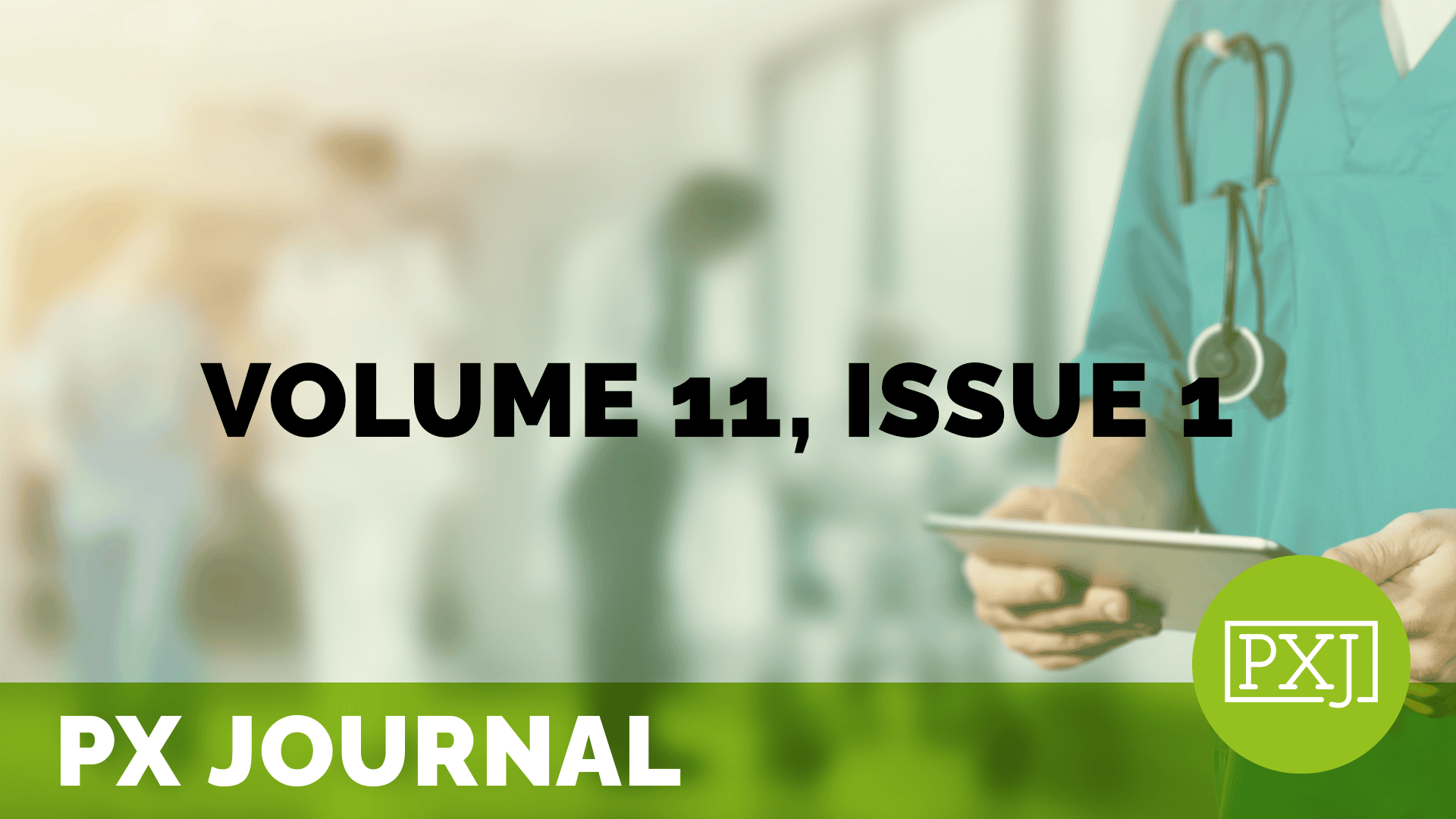“Not Your Father’s Heart”: How Healthcare Discrimination for Neurodivergent Patients Taught Me About the Human Experience

It is easy to assume all patients who come into a hospital for acute crisis care have a clear understanding of how their experience will be facilitated. When a patient is neurodivergent, they cannot always agree to needed intervention. This is exacerbated by the “poor timing” of questions portrayed to impact the critical care received, sometimes irreparably. This is my story of watching my young, active partner suffer two massive heart attacks and refuse intervention because he was ashamed to admit he had not seen a doctor in over thirty years. Due to his neurodivergence, he could not process questions under pressure, held the belief he had no health insurance, and could not afford care. This is also the story of how one talented cardiothoracic surgeon listened to my partner through the ears of a patient and nothing more. My experience with the intersection of patient experience and healthcare volunteerism led me to advocating for a truly terrified human being and I realized this was not the storybook heart attack portrayed in movies or what we typically hear from our parents or grandparents. This was living, in real-time, the thought I would lose my partner because he could not cope. We are on the other side now, but I wonder what other neurodivergent patients do when they do not have someone like me. I hope my story helps providers and PX professional think through the lens of those who cannot follow the traditional expectations of emergent care.
Related content
-
 Patient Family & Community Engagement
Patient Family & Community EngagementThe patient ombudsperson’s experience of patient partnership and mutual understanding of rights
Mutual understanding between the patient and the healthcare professional can be considered a key factor of a positive patient experience in the care relationship. Mutual understanding can be promoted through patient partnership, which, in this personal and professional narrative, the author (a patient ombudsperson, known as patient ombudsman, and researcher of patient experience) describes as
Learn more -
 Patient Family & Community Engagement
Patient Family & Community EngagementCancer Partnerships Hub (CPH) Model: Implementing an Organizational Innovation to Enhance Engagement of Patient-Partner in Cancer Care Services
Patient partnership is rapidly becoming a cornerstone of effective care, with healthcare professionals recognizing the immense value of collaboration. This case study delves into the innovative Cancer Partnership Hub (CPH) model implemented at the Integrated University Health and Social Services Center of East Montreal Island (CIUSSS-EMTL) in Quebec, Canada. The CPH model exemplifies the integration
Learn more -
 Patient Family & Community Engagement
Patient Family & Community EngagementPX Chat on PFA/PFACS: Sustaining/Growing (June 4, 2025)
12pm ET / 11am CT / 10am MT / 9am PT – Join The Beryl Institute community for an opportunity to connect with your peers on the support and resources needed to address efforts around sustaining and growing PFAs and PFACs in their organizations. Breakout discussion groups allow you to share your challenges, celebrate your
Learn more
